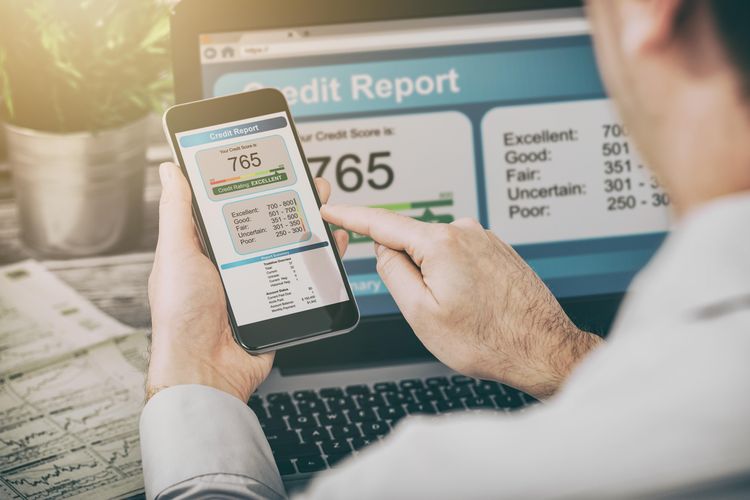A guide to improving MSME credit ratings and access to better funding
Article at a glance:
A good CMR (between 4 and 1) can give MSMEs access to affordable credit
Lenders use CMR to evaluate the credit-worthiness of finance seekers
It is also possible for business owners to fund businesses in a personal capacity via CIBIL scores
You may have heard of the term credit rating or the CIBIL score, which banks use to evaluate the credit-worthiness of individual borrowers. Just as the CIBIL score is a rating of loan-takers, CMR (CIBIL MSME rank) is an assessment of the credit-worthiness of micro, small and medium enterprises (MSMEs).
Understanding CIBIL MSME Rank (CMR)
CMR assigns a grade to small and medium businesses based on their credit profile, repayment behaviour and future repayment capacity. A score towards the lower end of the scale shows greater credit-worthiness. Banks and non-banking financial companies (NBFCs) use CMR to evaluate loan applications from MSMEs.
The CIBIL MSME Rank rates businesses on a scale of 1 to 10, with CMR-1 indicating minimum risk of default and CMR-10 indicating the highest risk. CMR is assigned only to companies that have an overall outstanding credit of Rs 10 lakh to Rs 50 crore.





 +91 7208055523
+91 7208055523
 Help & support
Help & support
